ERC Advanced grants for three UG researchers
The European Research Council has awarded ERC Advanced grants to three UG researchers. Prof. Inga Kamp, Prof. Wouter Roos en Prof. Syuzanna Harutyunyan can use this money to set up long-term and ground-breaking research projects. All three researchers are from the UG’s Faculty of Science and Engineering.
The Advanced Grants are meant for established academics with a track-record of significant research achievements. Advanced Grants may be awarded up to €2,5 million for a period of 5 years.
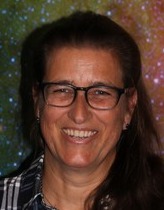
Prof. Inga Kamp: DISKS-ROCK
In her ERC project, Inga Kamp will use the James Webb Space Telescope to decipher the building blocks of rocky planets. The results will place our own Earth in the larger galactic context and provide crucial input for future missions in search of life. To accomplish this, Kamp will develop a novel two-dimensional modeling framework including physical, chemical and dynamical processes to constrain disk evolution during the early buildup phase of rocky planets using data from statistically relevant disk samples.
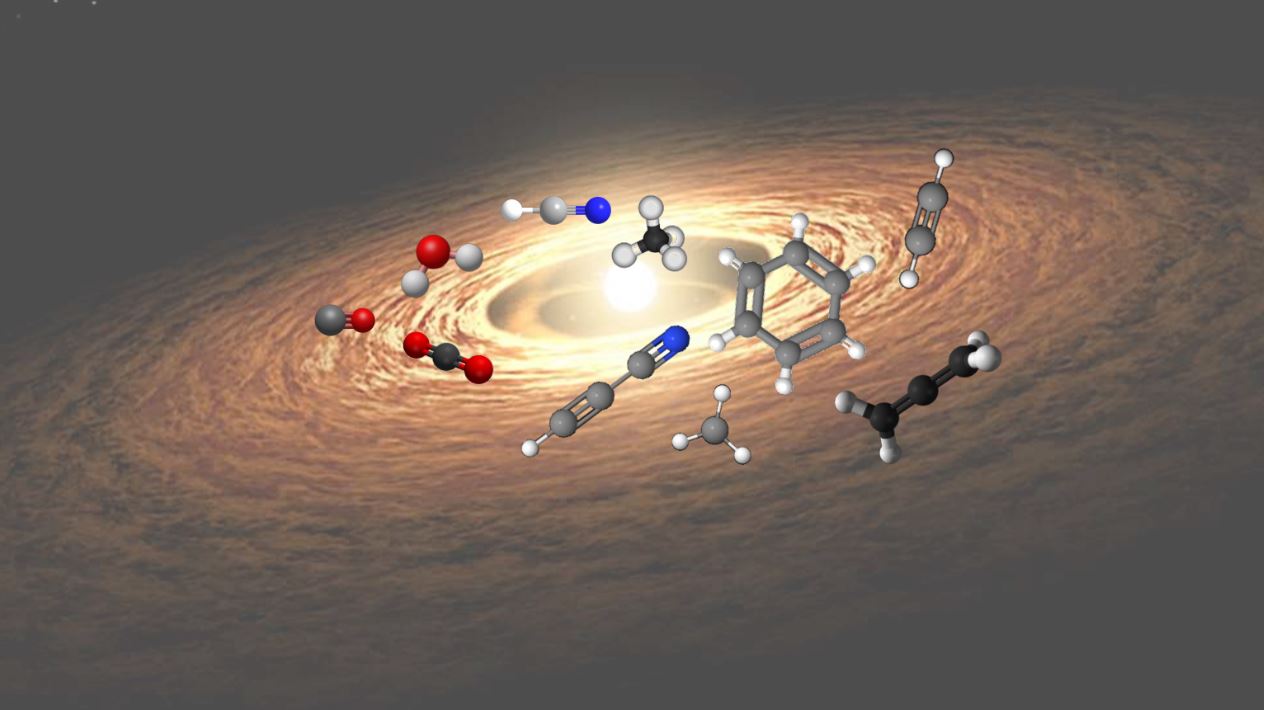
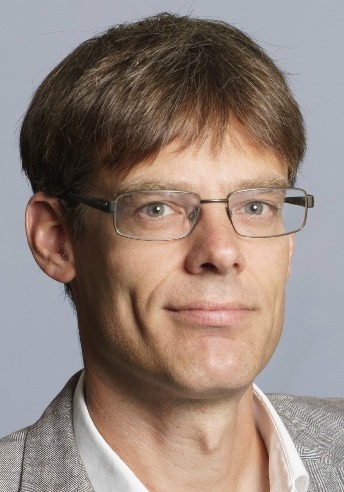
Prof. Wouter Roos: Label-free assembly of RNA-containing viruses
Wouter Roos is focusing his ERC project on RNA-containing viruses. Roos will find out how these complex assemblies are built up. This will not only provide fundamental insight into these pathogens, but also reveal how specific antiviral agents work. By investigating where and how such antivirals can alter viral structure, better and more efficient antivirals can be developed that disturb the structure and dynamics of viruses even faster and more effectively. Because traditional microscopy approaches are not suitable for tracking these tiny, dynamic processes, Roos will use advanced microscopy and nanomanipulation techniques to record the live construction of such a virus at the nanoscale.
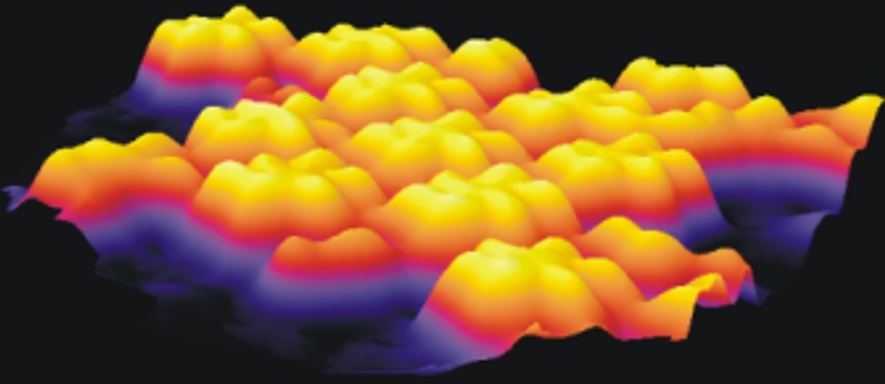
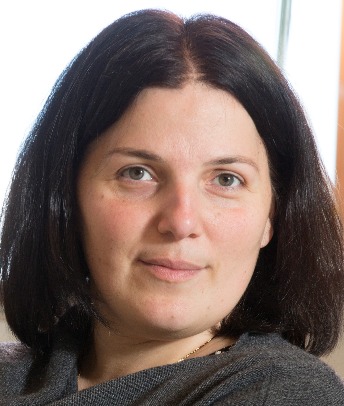
Prof. Syuzanna Harutyunyan: The Dance of Molecules: Rhythmic Systems through Organic Catalysis
In her ERC-funded project, Syuzanna Harutyunyan will bring the time dimension and periodicity into synthetic chemistry. Inspired by natural cycles such as sleep, neuronal activity, and heartbeat, the project will explore how oscillations can be integrated with catalysis to introduce feedback control over chemical reactions, mimicking the regulation of complex biological networks. Synthetic chemistry has historically focused on man-made catalysts functioning under steady conditions and concentrations. This project will harness the power of organic chemistry to create autonomous oscillators that couple and control different reactions at different times by regulating component concentrations and activity. By harnessing oscillatory catalysis, automation, and modeling this project will pave the way for the systematic development of catalytic oscillators with specific, tailored properties, opening new frontiers in chemical synthesis, materials science, and beyond.

European Research Council
The European Research Council (ERC) is the premiere European funding organization for excellent frontier research. Every year, it selects and funds the very best, creative researchers of any nationality and age, to run projects based in Europe.
More news
-
17 February 2026
The long search for new physics
-
10 February 2026
Why only a small number of planets are suitable for life
